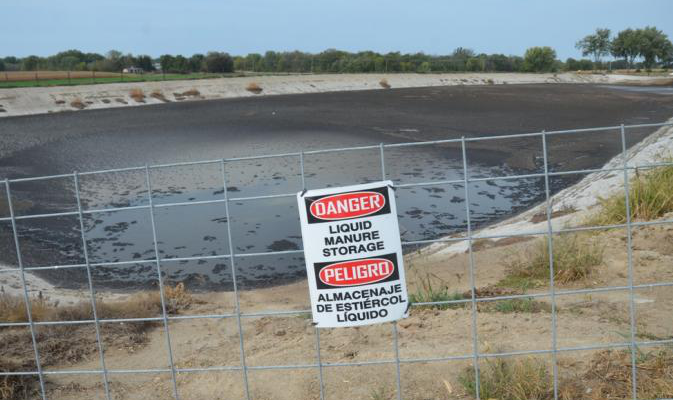At Dairy Farms: The Need for Manure Management
Dairy farms are one of the largest contributors to the U.S. economy. They generate $39 billion annually in direct wages, $39.5 billion in federal business tax revenue and more than $628 billion in overall economic impact. Unfortunately, they’re also large contributors to national environmental waste.
According to the Journal of Diary Science, 8.4% of the country’s greenhouse gas (GHG) emissions come from agriculture, and the largest contributors of these are enteric dairy livestock emissions.
The waste contribution of dairy farmsis not only limited to GHG emissions; solid and liquid waste also form parts of it.
Waste forage, silage effluent, dead stock, milk-house waste, and in particular cow dung (manure), all massively impact the environment in an adverse way by generating water contamination and air pollution issues. From these, manure is arguably the most prominent player.

On average, a dairy cow produces 82 pounds of manure per day per 1000 pounds lightweight. One pound of manure produces 0.15 m3 of methane gas, which has a heat trapping potential nearly 100 times more than carbon dioxide. In addition, manure also produces nitrous oxide gas which has a global warming potential almost three hundred times greater than carbon dioxide. That’s alarming, to say the least.
To make matters worse, dairy owners tend to collect and store manure on site which may run off into local watersheds and leak nitrogen, phosphorous and as well as dangerous bacteria including E.coli into the environment. These leaks can be harmful for aquatic plants and animal life and can damage downstream habitats.
Managing manure (and farm waste in general) is therefore critically important and the key to running an environmentally sustainable dairy farm.
All farm owners must implement robust manure management practices at their facilities which should aim to maximize the benefits of the waste product and minimize its potential for environmental degradation.
Efforts should be made by dairies to treat the manure generated on farms and to reuse as much of it as possible for soil amendment and power generation activities.
This way, not only environmental concerns will be addressed but operation costs of farms will also be significantly reduced.
Do you run a dairy farm and interested in making it more energy efficient and environmental friendly? New York State has grants (up to 75%) available now to assist you in implementing a retrofit or new Digester project.
Get in touch with us; our dairy farm engineering experts will be happy to help you.

